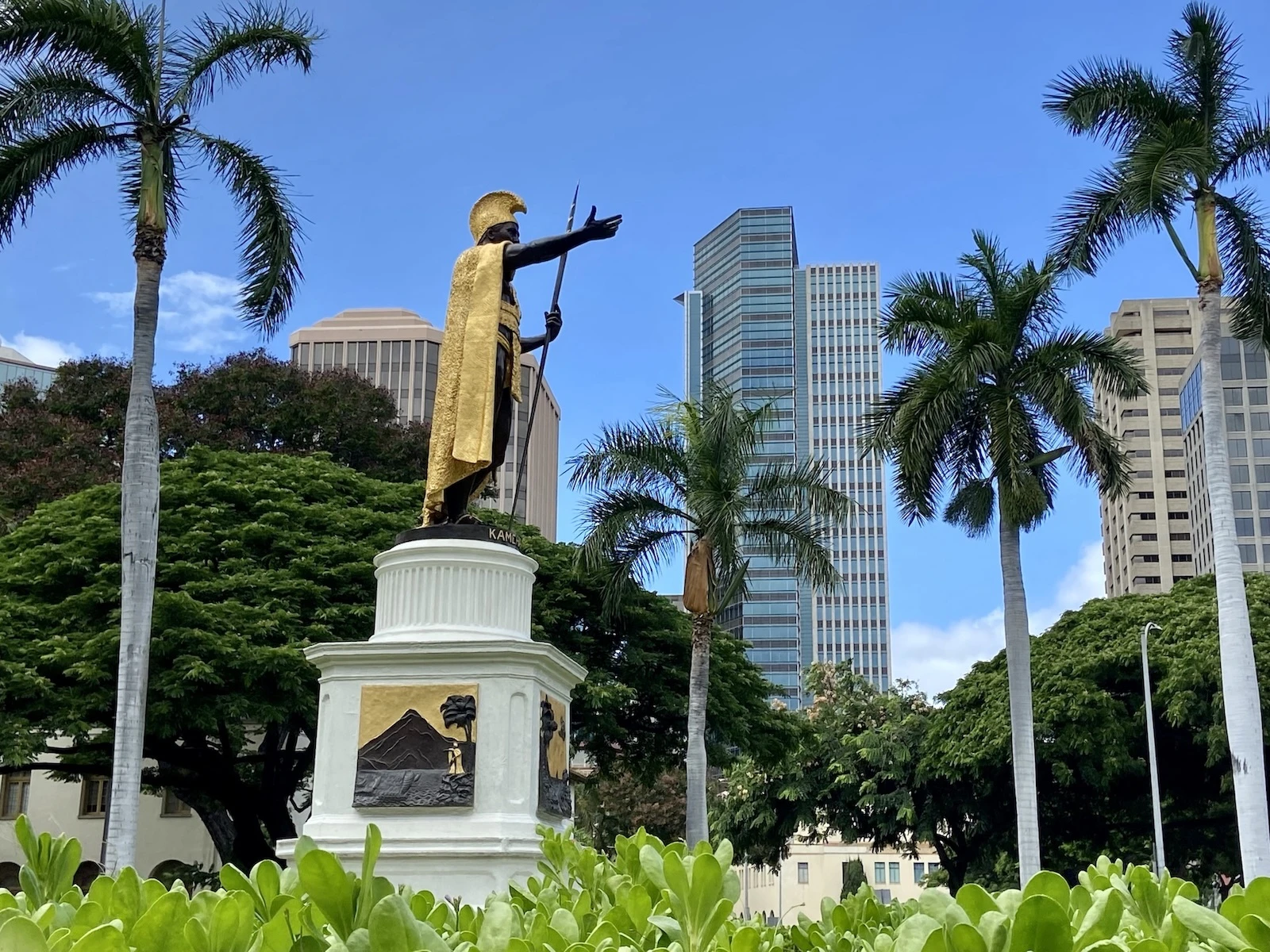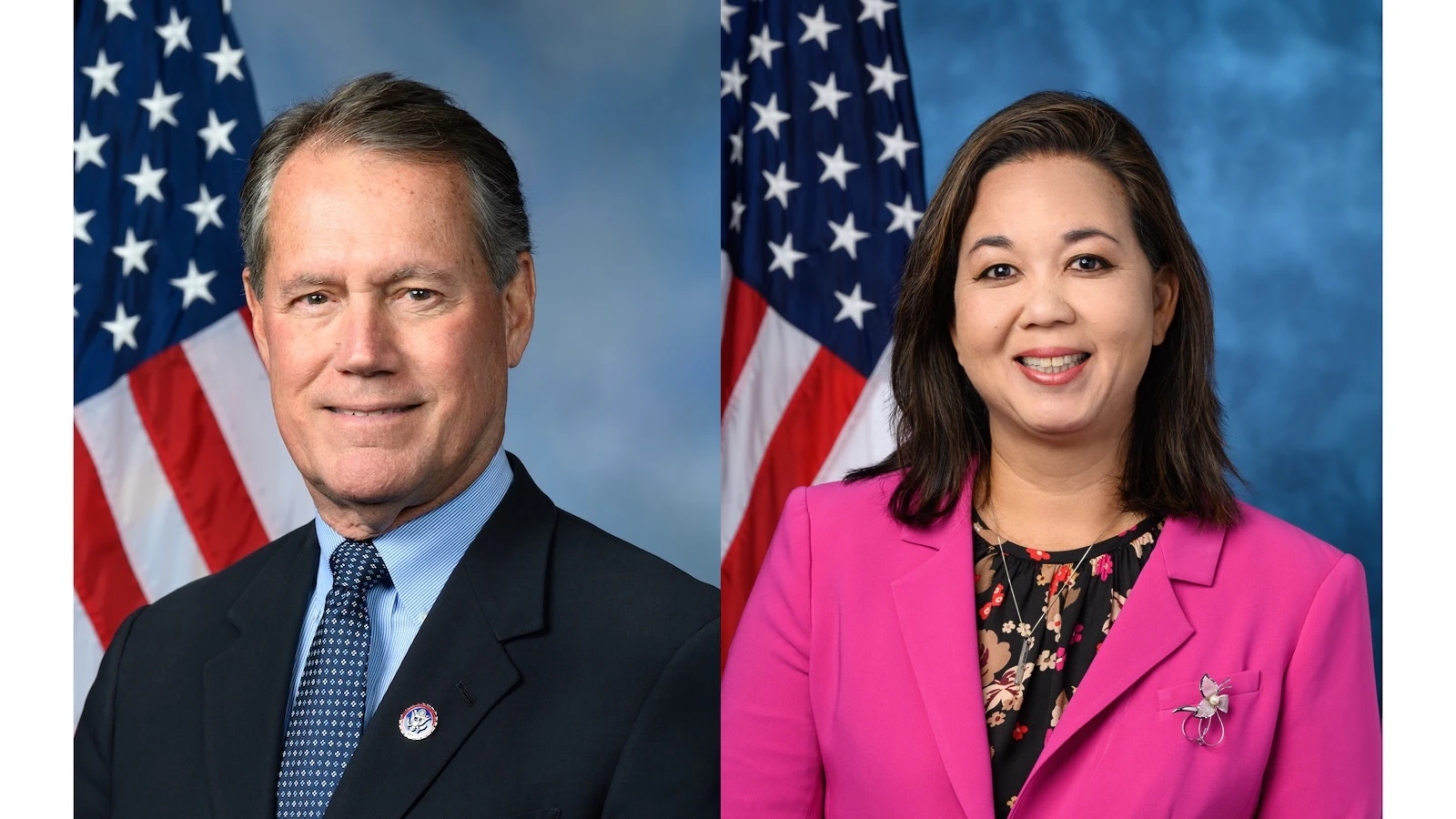The 2025 legislative session opened with cautious optimism as Hawaiʻi entered the year with a projected budget surplus. The Office of Hawaiian Affairs hoped the session would enable us to secure meaningful gains in areas critical to the lāhui, including funding for a long-awaited inventory and audit of the public land trust (PLT), comprised mostly of former crown and government lands of the Hawaiian Kingdom.
However, with the changing fiscal and political landscape, legislative appropriations fell short of expectations. OHA’s budget bill (HB 410) passed but funding levels stayed flat, and OHA’s PLT audit and inventory bill (HB 1358) died in the Senate.
OHA’s bill to amend restrictions on residential development in Kakaʻako Makai (SB 534) and to remove landowners from the Island Burial Councils (SB 268) also died in committee, even though these bills did not require any funding to enact. Given that this is the first year of the biennium, bills that did not pass this session will be automatically reintroduced in 2026.
Of immediate concern coming out of this session are proposed changes to Hawaiʻi Revised Statutes (HRS) chapter 6E, governing the treatment, handling, and disposition of ʻiwi kūpuna threatened by construction activities. SB 15 could be read to exempt a broad range of privately held property from the historic review process the protects ʻiwi.
Accordingly, OHA is calling on the governor to veto this bill. HB 830, which would mandate the State Historic Preservation Division (SHPD) to contract out residential projects if the agency cannot complete review in 60 days, is also problematic. Ultimately, third-party review under a severely shortened timeline threatens the accuracy and integrity of the agency process aimed at identifying and protecting ʻiwi before construction begins.
Considering long-standing problems with implementation of the statute, and recent backlash as reflected in the legislation introduced this session, OHA is convening a working group to consider whether OHA should assume some of SHPD’s duties under HRS chapter 6E.
Rep. Daniel Holt and Sen. Jarett Keohokalole, chairs of the House and Senate Native Hawaiian Caucuses, introduced HR 186 and SR 130 at OHA’s request.
Bills awaiting the governor’s signature
The following bills that would positively affect governance over our ʻāina and the social services that advance OHA priorities are currently awaiting Gov. Josh Green's signature:
GM 770 formalized the appointment of Hannah Springer to the loea seat on the Commission for Water Resource Management. Approved by the Senate, Springer’s appointment ensures that a qualified cultural practitioner will fill this critical seat on the body tasked with managing our most precious resource. Springer is a former OHA trustee, a plaintiff in the landmark case, Ka Paʻakai O Ka ʻĀina v. Land Use Commission, and a tireless advocate for ʻāina and justice.
HB 505 establishes the Red Hill Water Alliance Initiative (WAI) policy coordinator within the Department of Land and Natural Resources and creates a dedicated remediation special fund to institutionalize environmental oversight of the Red Hill crisis. The bill ensures interagency coordination, scientific monitoring, and transparency to protect Oʻahu’s primary aquifer.
HB 703 extends the State Rent Supplement Program for kūpuna through 2028 – one of the most critical lifelines preserved this session. Many kūpuna on fixed incomes struggle with housing costs and this continuation of support helps mitigate the growing crisis of kūpuna houselessness and reinforces the dignity and independence of kūpuna across the islands.
HB 1300 appropriates funds to the University of Hawaiʻi Cancer Center for a study focusing on social determinants of health, environmental exposure, and resilience in Native Hawaiian, Pacific Islander, and Filipino communities – including the health impacts of living near the Nānākuli landfill. The measure reflects an important step toward gathering the data necessary to address long-standing health inequities.
SB 292 establishes safe harbor protections for survivors of sexual exploitation, ensuring they are not prosecuted for prostitution-related offenses when seeking help. This measure responds directly to the findings of OHA’s 2022 report on Missing and Murdered Native Hawaiian Women and Girls and provides critical legal safeguards for Kānaka Maoli women and girls who disproportionately suffer from trafficking.
SB 694 prohibits the incarceration of minors in adult prisons except under narrow circumstances. Native Hawaiian youth are overrepresented in the justice system, and exposure to adult correctional environments exacerbates trauma and diminishes rehabilitative potential. The bill supports age-appropriate best practices and reflects OHA’s commitment to criminal justice reform grounded in the best interests of youth and community.
OHA will be hosting legislature empowerment across the pae ʻāina in September and October to provide off session updates and prepare for the 2026 legislative session.
For more information, check out oha.org/governance.
This article is reprinted with permission from Michèle McCoy, “The 2025 Legislative Session: A Summary of Bills Impacting Native Hawaiians,” Office of Hawaiian Affairs’ Ka Wai Ola newspaper, June 2025, Vol. 42 No. 6.





